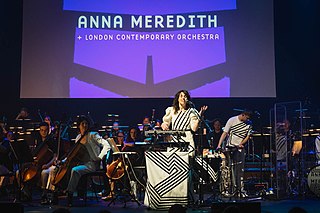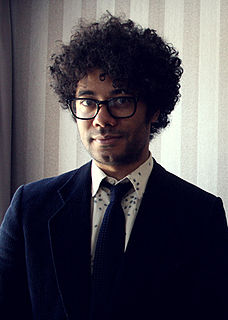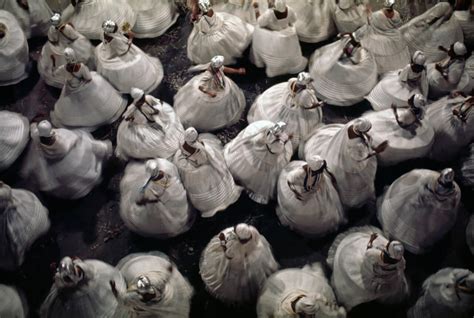A Quote by David Berlinski
More than sixty years ago, mathematical logicians, by defining precisely the concept of an algorithm, gave content to the ancient human idea of an effective calculation. Their definitions led to the creation of the digital computer, an interesting example of thought bending matter to its ends.
Related Quotes
I'm less interested in uniqueness than in goodness. I see so many concerts where the program notes are more interesting than the music. I remember talking to one composer who went through the most complicated mathematical algorithm to generate some material from scratch. It took weeks and weeks, and he came up with a C major chord. For me, honesty is more interesting than originality.
Klout and various measurements of influence are fun. I love to see where I score on them, but there's a computer algorithm behind the calculation. If there's an algorithm, it can be gamed. Even if it's not gameable, you have to take a leap of faith that the number of followers, retweets, mentions, whatever really mean something.
The world is not yet finished, but everyone is behaving as if everything was known. This is not true. In fact, the computer world as we know it is based upon one tradition that has been waddling along for the last fifty years, growing in size and ungainliness, and is essentially defining the way we do everything. My view is that today’s computer world is based on techie misunderstandings of human thought and human life. And the imposition of inappropriate structures throughout the computer is the imposition of inappropriate structures on the things we want to do in the human world.
Fifteen years ago, nobody thought that content would ever work as a business. It was impossible to raise any money, initial investments were $10,000, seldom $100,000. It is only over the last two or three years that we have started to see very large amounts of capital coming into the digital industry. That has created a lot more competition.
Different ages have certain approaches, which may be more effective for one age and no longer effective in another age. The world that we live in now has much greater density to it; it is much more all-pervasive. And when I say "world," I include the human mind in it. The human mind has grown even since the time of the Buddha, 2,500 years ago. The human mind is more noisy and more all-pervasive, and the egos are bigger.
Every computer divides itself into its hardware and its software, the machine host to its algorithm, the human being to his mind. It is hardly surprising that men and women have done what computers now do long before computers could do anything at all. The dissociation between mind and matter in men and machines is very striking; it suggests that almost any stable and reliable organization of material objects can execute an algorithm and so come to command some form of intelligence.
What I realized is that if we're going to be able to have a theory about what happens in, for example, nature there has to ultimately be some rule by which nature operates. But the issue is does that rule have to correspond to something like a mathematical equation, something that we have sort of created in our human mathematics? And what I realized is that now with our understanding of computation and computer programs and so on, there is actually a much bigger universe of possible rules to describe the natural world than just the mathematical equation kinds of things.
What has happened is that we have seen a shift in the past twenty years in the very concept of hacking. So hacking twenty years ago was a neutral, positive concept. Somebody who was a hacker was someone with advanced computer skills, which could expose vulnerabilities and could explain why systems worked well or worked badly and they were generally regarded as an asset. Over the past twenty years, a combination of media and law enforcement has changed the perception of the concept so that it has almost always, if not invariably, a pejorative sense attached.
There is no real scientific debate over what is happening; of course there is debate over exactly how it is going to play out in the decades ahead, because this is a large experiment that we haven't done before, and no one knows precisely how one can ever precisely predict what effects this heat will have. But all the science in the last few years, or almost all of it, really serves to show that the effects are larger and more rapid than we had thought even a decade ago.



































